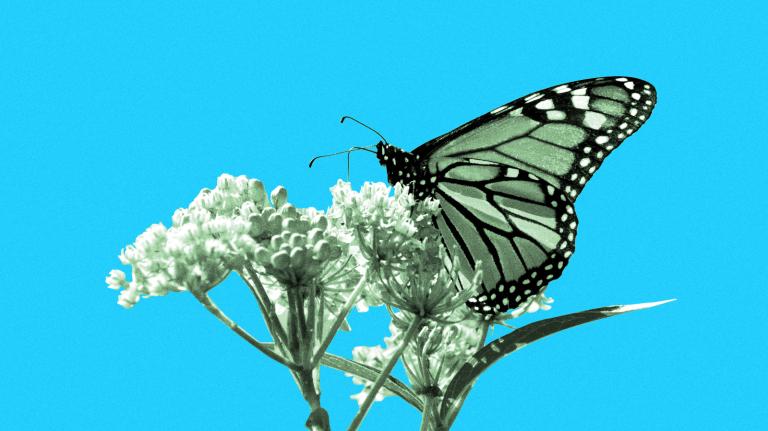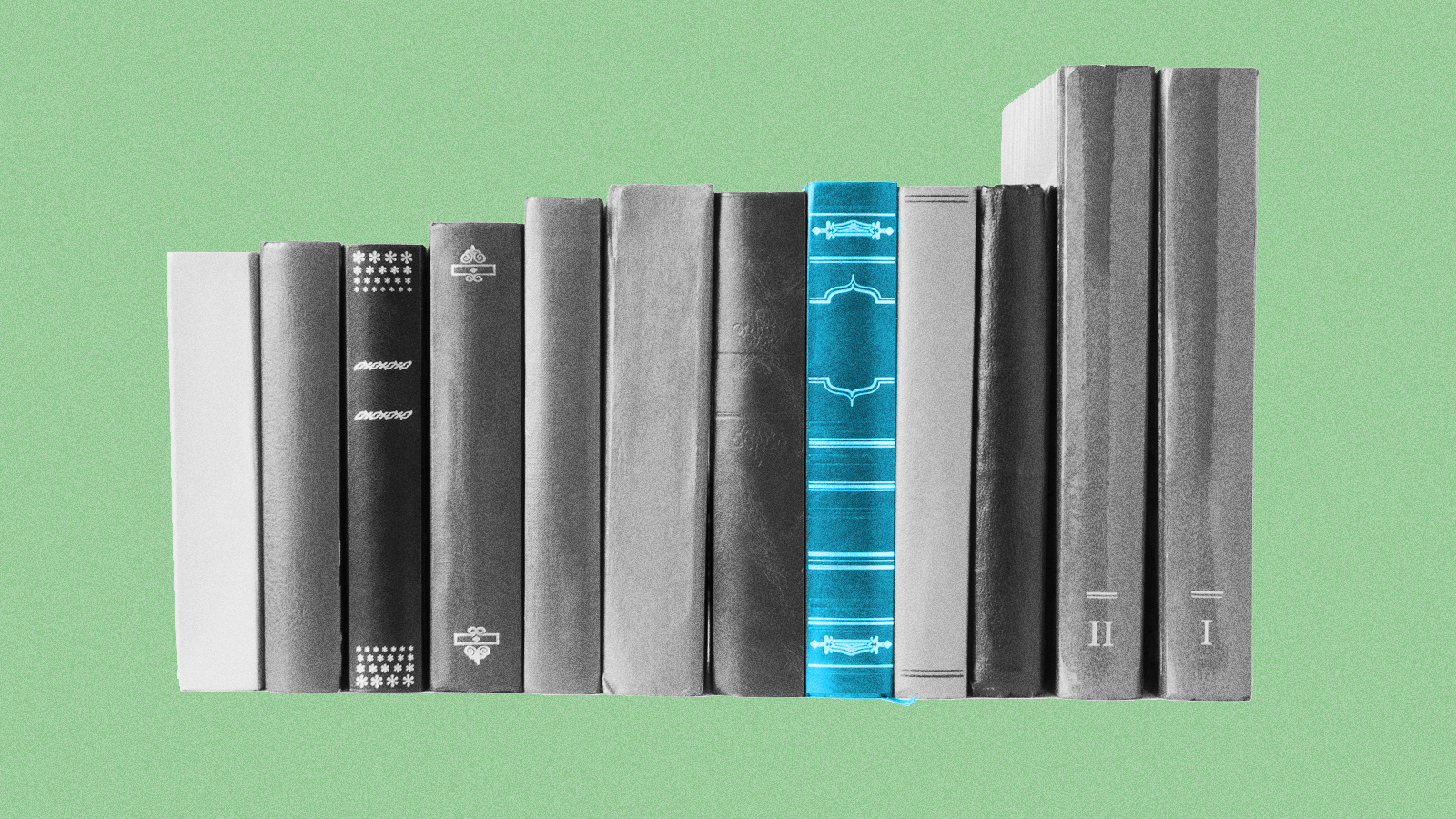The standard environmental canon includes authors who have a lot in common: Leopold, Emerson, Thoreau, Muir, Abbey. And they were brilliant, but the way they saw nature — as something adjacent to human life, rather than integral to it — is a super Western view.
But it’s time to see the bigger picture. The places we live in are part of nature, too, says New School scholar Mindy Fullilove — shaped by humans through race, class, slavery, colonialism, and imperialism. New idea? Old news? Regardless, we can all benefit from a broader perspective — and from talking about it.
Reading in a book club or group will challenge you in different ways than reading alone, says racial justice expert Dorinda Carter Andrews of Michigan State University. “Whenever you’re talking about issues of fairness,” she says, “you can have some of those conversations internally with yourself. But it really takes reflective dialogue with other people.”
I talked to environmental justice leaders and readers to pull together a pile of books and essays to get you started.
The Trouble with Wilderness; or, Getting Back to the Wrong Nature by William Cronon
Recommended by: Ana Baptista, a professor of environmental justice at the New School
Why you should read it: Cronon takes aim at the modern idea of wilderness as an invention of American and European history. Baptista usually starts her students with this one. Bonus: It’s free to read online.
Between the World and Me by Ta-Nehisi Coates
Recommended by: Dorinda Carter Andrews
Why you should read it: Coates lays out the argument that the American dream (you know, the one that’s more or less driven fossil fuel dependence) was built on racial division and white supremacy.
Brown is the New White by Steve Phillips
Recommended by: Griffin Smith, founding member of Washington Environmental Council and Washington Conservation Voters’ EJ book club
Why you should read it: Phillips argues that people of color and progressive whites are a growing majority, and lays out the political implications. Smith says it is “seminal … for anyone who cares about making change in America today.”
A Plague on Your Houses by Deborah Wallace and Rodrick Wallace
Recommended by: Mindy Fullilove
Why you should read it: This book looks at connections between policy and urban decay in 1970s New York through an ecologist’s lens. “We use the terms ‘natural’ and ‘built environment’ as if those are two separate things,” Fullilove says. “They’re not.”
Rethinking Environmental Racism by Laura Pulido
Recommended by: Ana Baptista
Why you should read it: If you’re interested in justice in cities, Baptista recommends Pulido as “a geographer who talks about white privilege and how urban planning’s history has led to environmental injustices today.”
We’ve said it before: Too many discussions of environmentalism miss the big picture. If you — or your friends — are resistant to confronting the role that things like racism play in everything from climate change to sustainable environments, you should listen to these perspectives.
And by listen, I mean read. It’s great because everyone has to be quiet and the salient points get across, too.



